In the realm of business operations, accounting stands as a fundamental pillar, enabling organizations to track finances, generate reports, and make informed decisions. With the evolution of technology, accounting software has emerged as a powerful tool, streamlining financial processes, enhancing accuracy, and boosting efficiency. In this article, we explore the significance of accounting software and recommend several leading options available in the market today.
The Importance of Accounting Software
Accounting software plays a pivotal role in modern business environments by automating tasks, reducing manual errors, and providing real-time insights into financial performance. From managing invoices and expenses to tracking payroll and tax compliance, accounting software offers a centralized platform for businesses to maintain financial records, analyze data, and facilitate strategic planning.
When selecting accounting software for your business, consider the following essential features:
– Ease of Use: Intuitive interface and user-friendly navigation.
– Financial Reporting: Robust reporting capabilities for analyzing financial data.
– Invoicing and Billing: Streamlined invoicing processes and payment tracking.
– Expense Management: Tools for monitoring expenses and budgeting.
– Tax Preparation: Support for tax calculations and compliance.
– Integration: Compatibility with other business applications for seamless data transfer.
Top Accounting Software Recommendations
1. QuickBooks
QuickBooks Online is a popular cloud-based accounting software trusted by businesses of all sizes. It offers a range of features including invoicing, expense tracking, reporting, and integration with third-party apps for enhanced functionality.
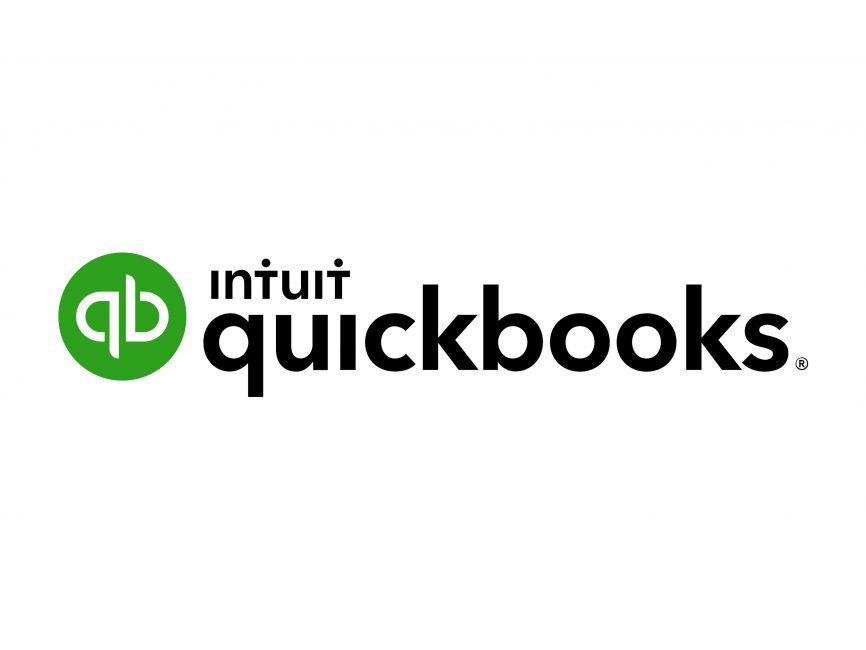
2. Xero
Xero is another cloud-based accounting solution known for its user-friendly interface and robust features. It provides tools for bank reconciliation, inventory management, project tracking, and collaboration with accountants.
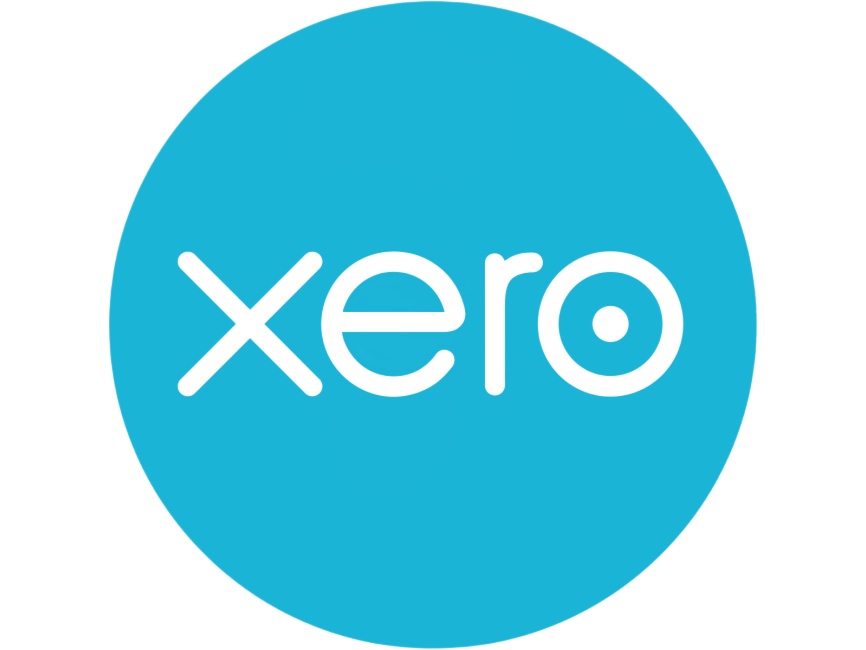
3. FreshBooks
FreshBooks caters to small businesses and freelancers, offering easy-to-use invoicing, time tracking, and expense management features. It simplifies financial tasks and allows for seamless client communication.
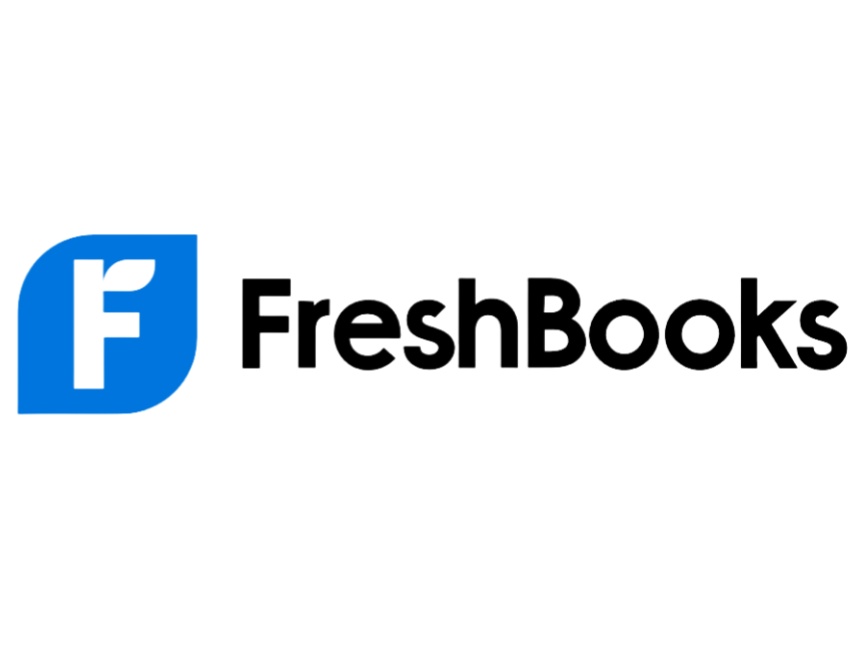
4. Wave
Wave is a free accounting software tailored for small businesses and entrepreneurs. It includes invoicing, accounting, and receipt scanning capabilities, making it a cost-effective option for those starting out.
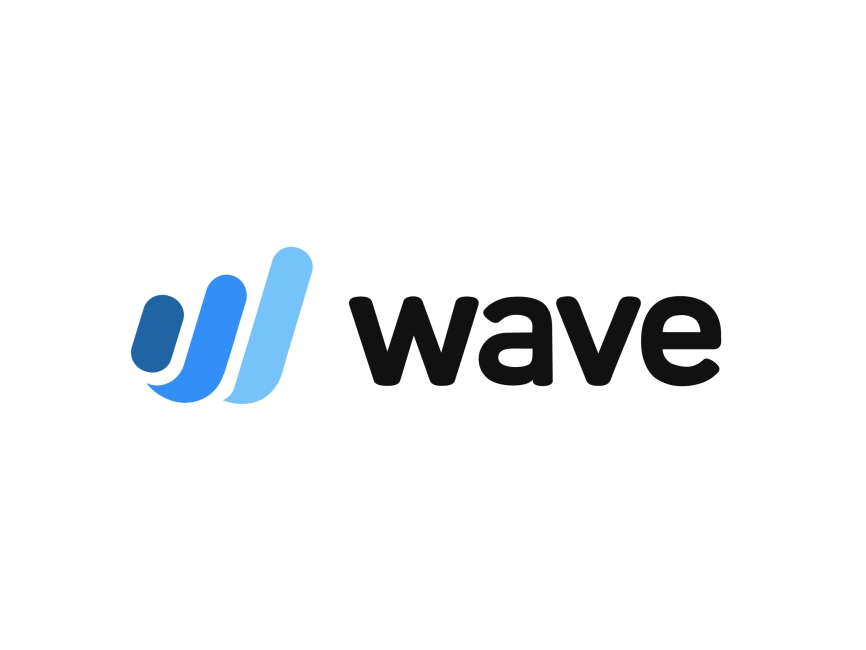
5. Zoho Books
Zoho Books is a comprehensive accounting solution that integrates with other Zoho applications for streamlined business operations. It offers modules for invoicing, banking, inventory management, and financial reporting.
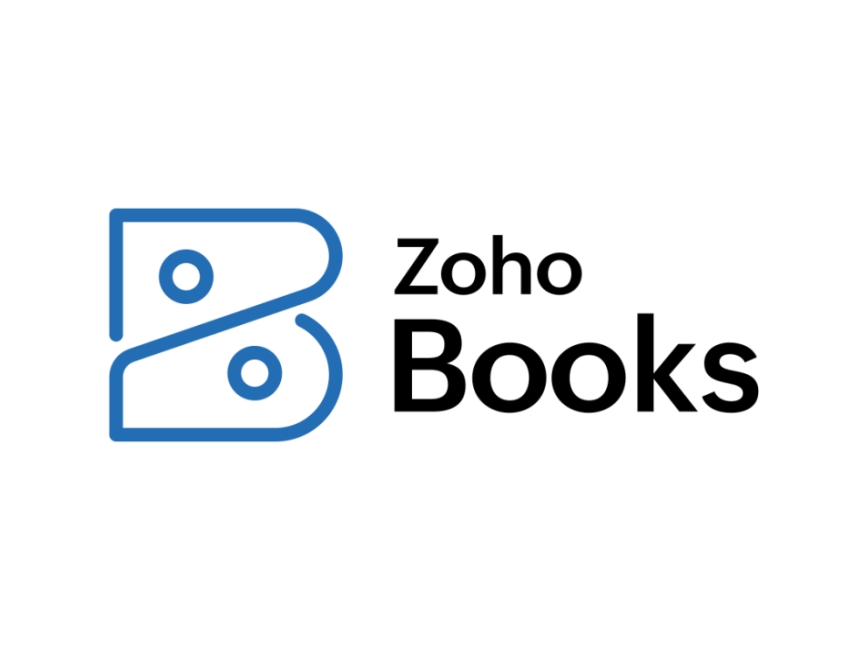
The Importance of Accounting Software
Before selecting accounting software, assess your business needs, budget constraints, and scalability requirements. Consider factors such as industry-specific features, customer support quality, data security, and ease of customization to ensure that the software aligns with your operational goals and enhances overall efficiency.
In conclusion, accounting software serves as a cornerstone for businesses seeking to optimize financial processes, improve decision-making, and achieve long-term stability. By leveraging the capabilities of leading accounting software solutions like QuickBooks Online, Xero, FreshBooks, Wave, and Zoho Books, businesses can streamline their accounting workflows, gain valuable insights, and drive sustainable growth in an increasingly competitive marketplace.

